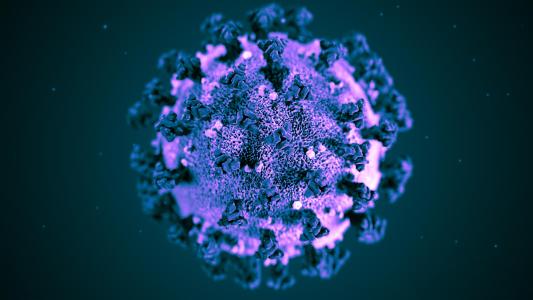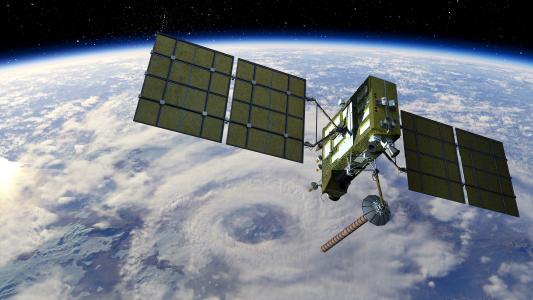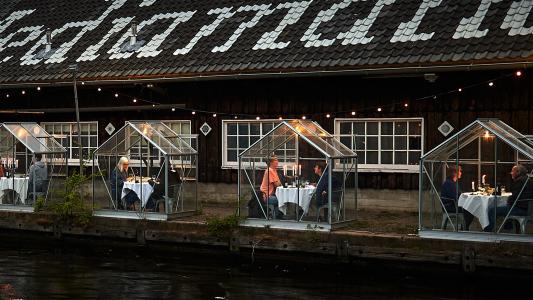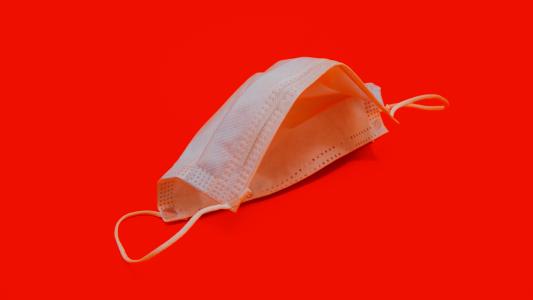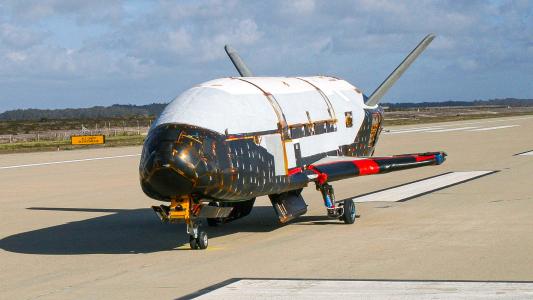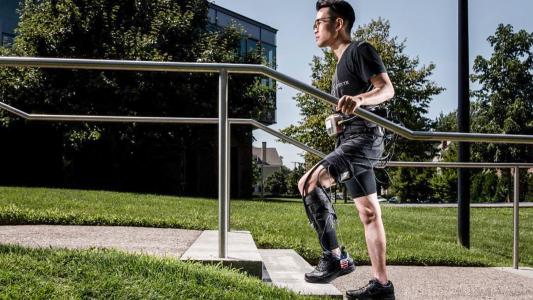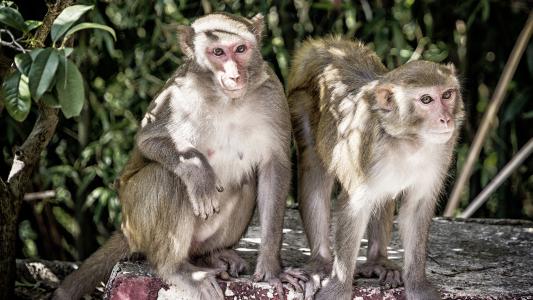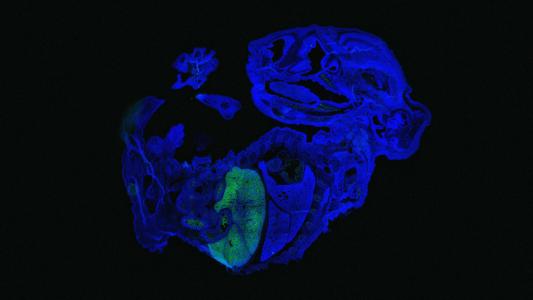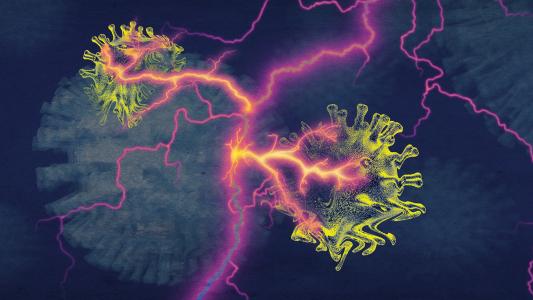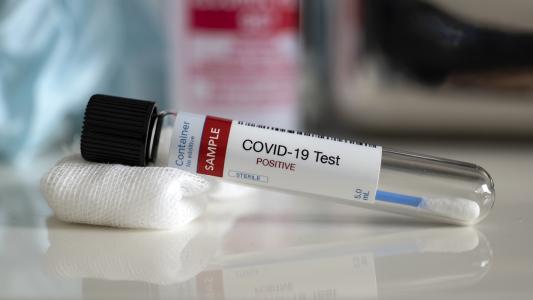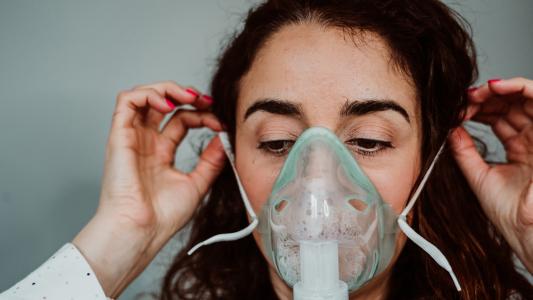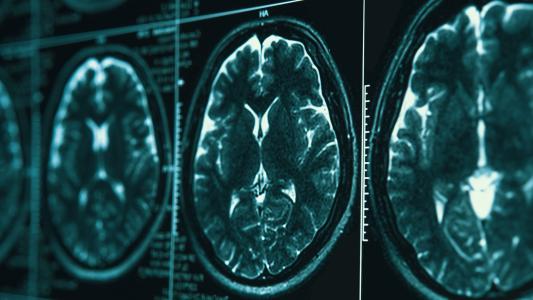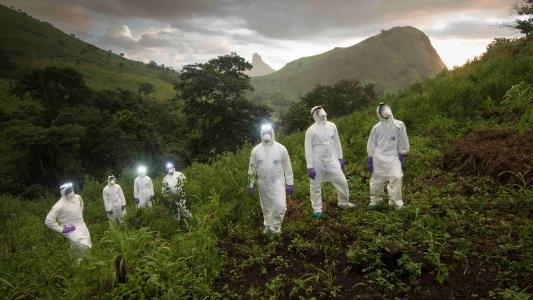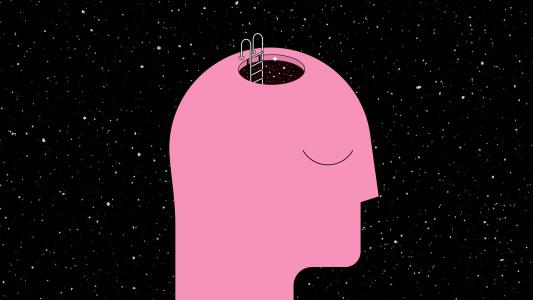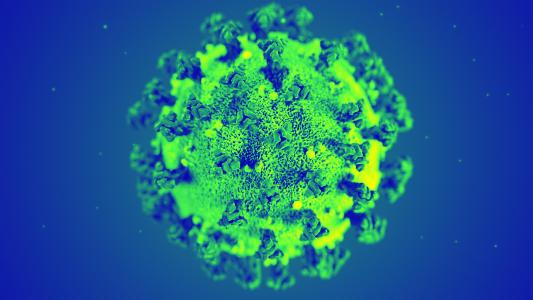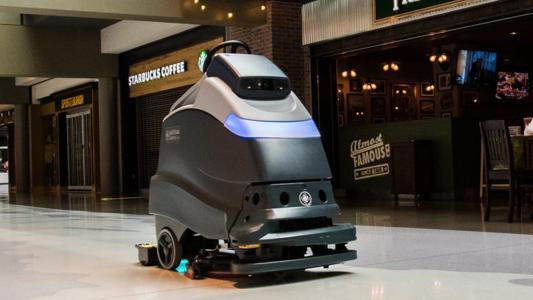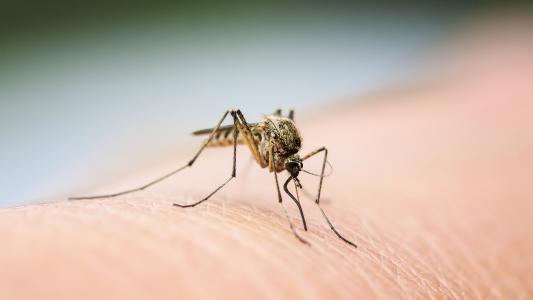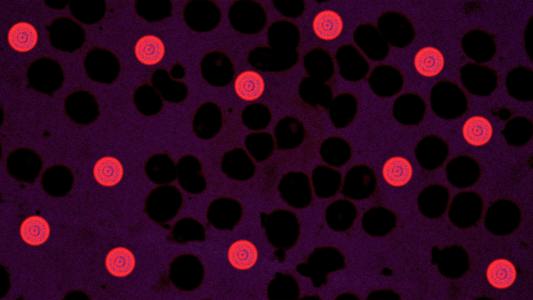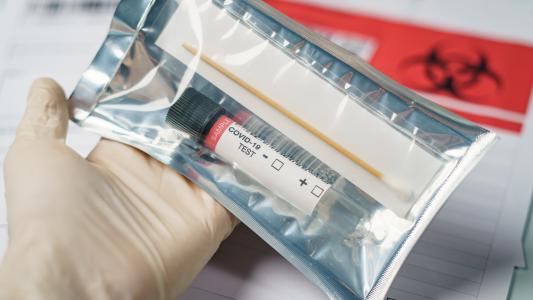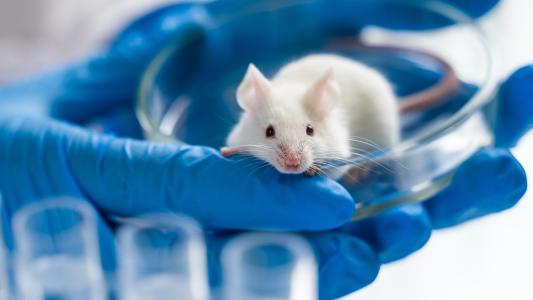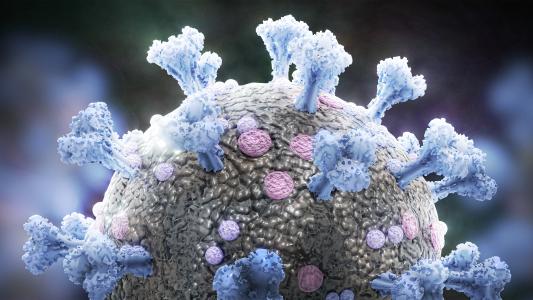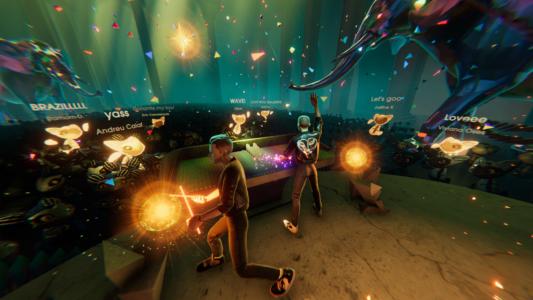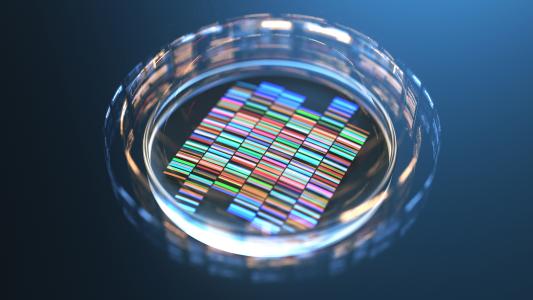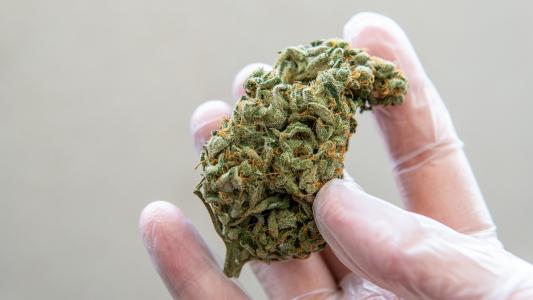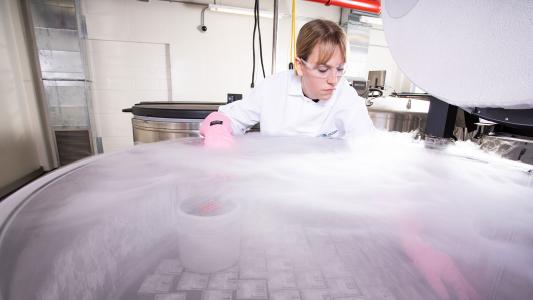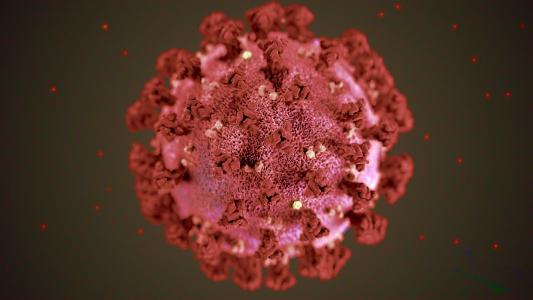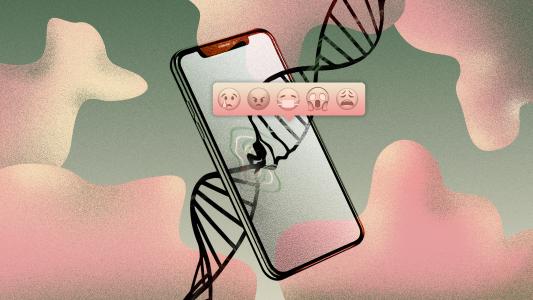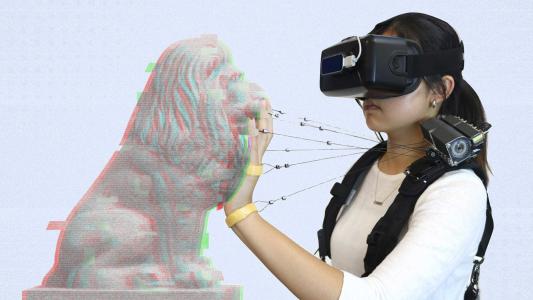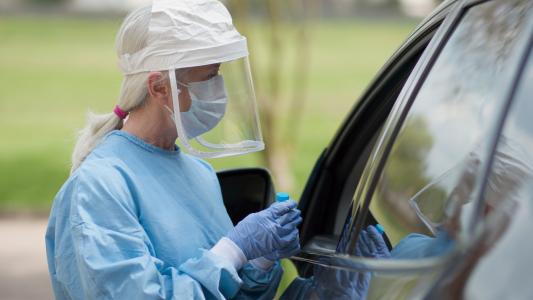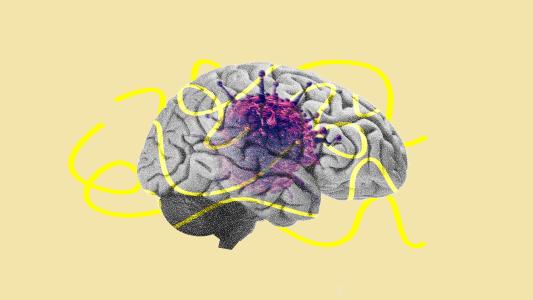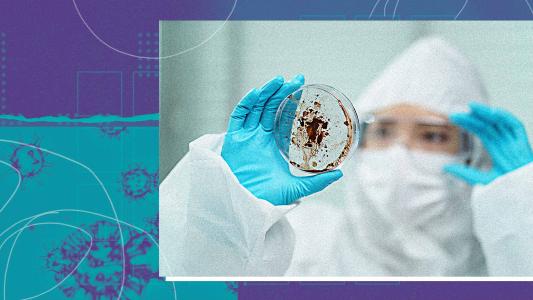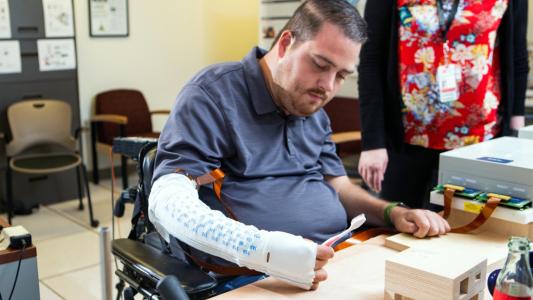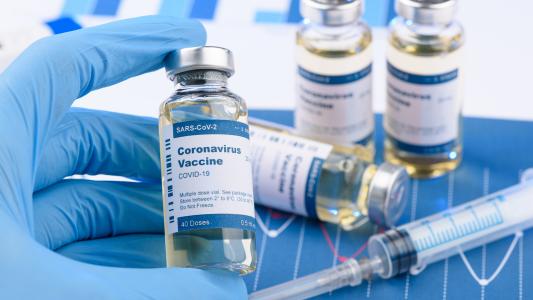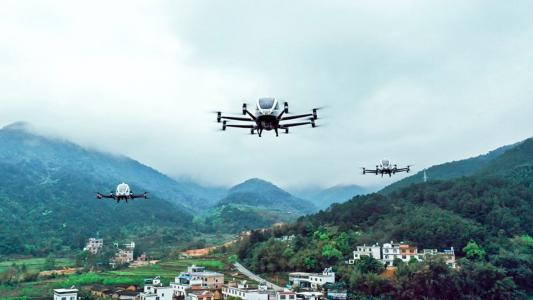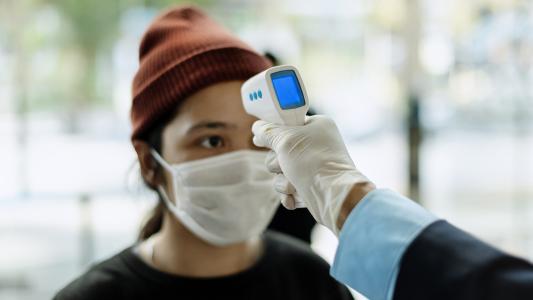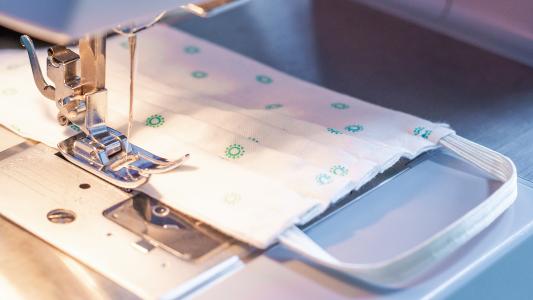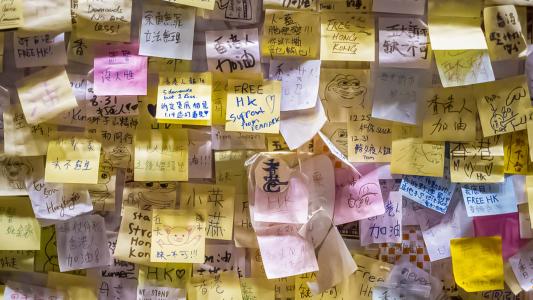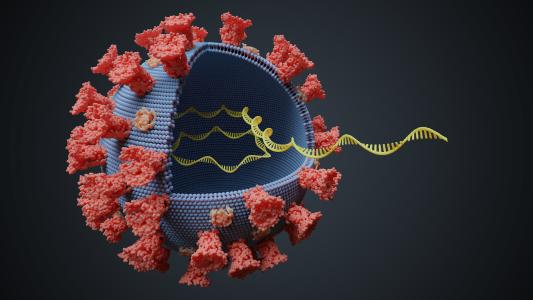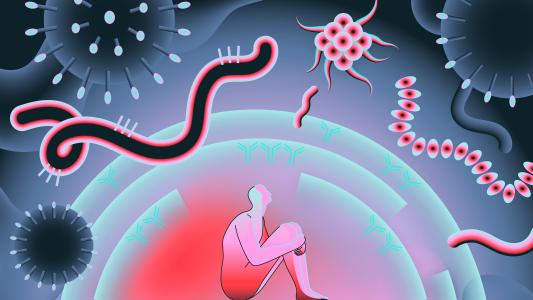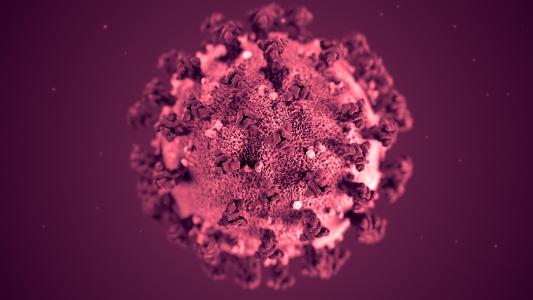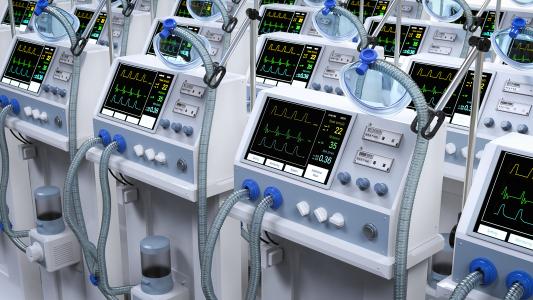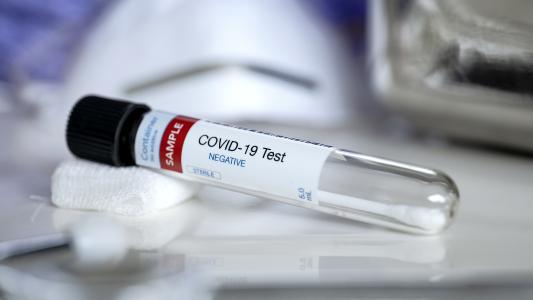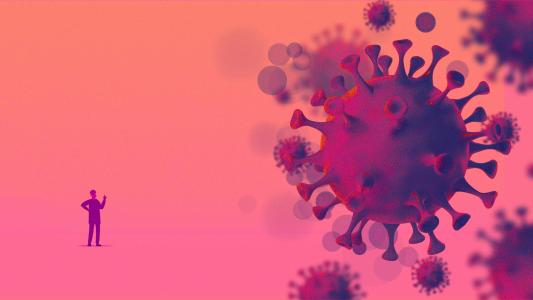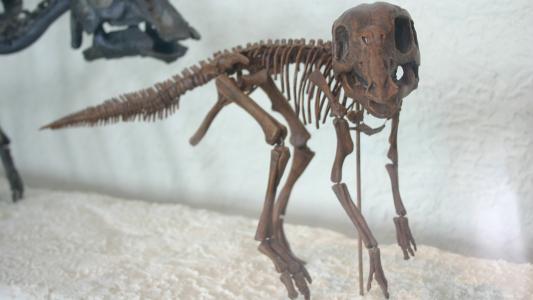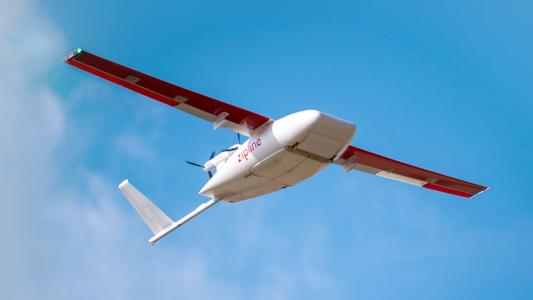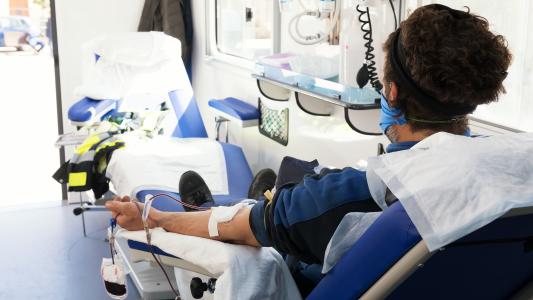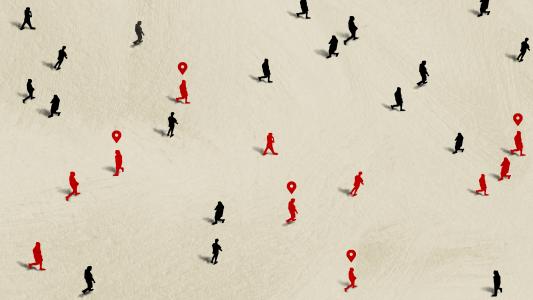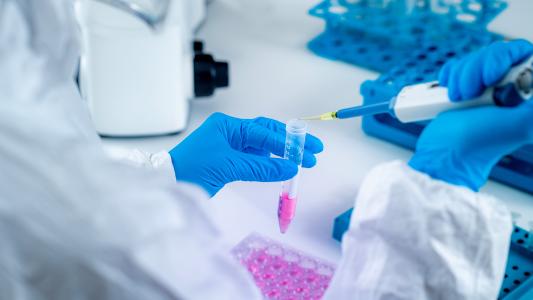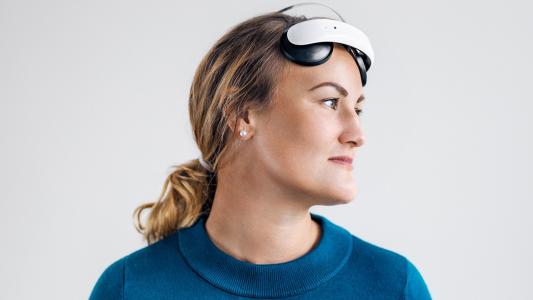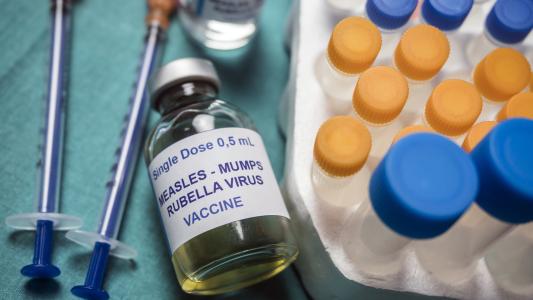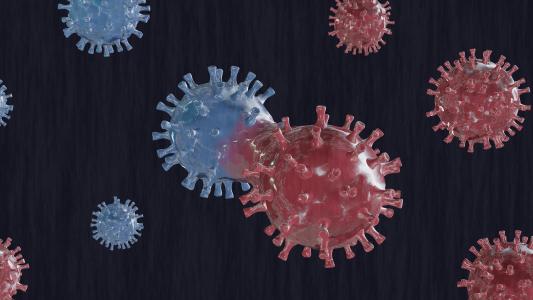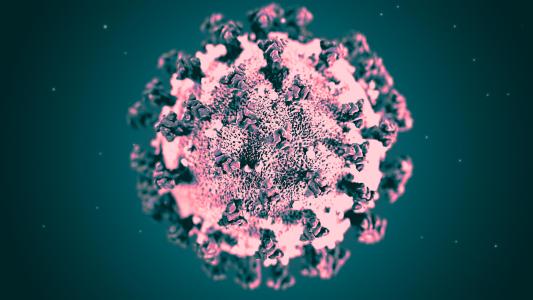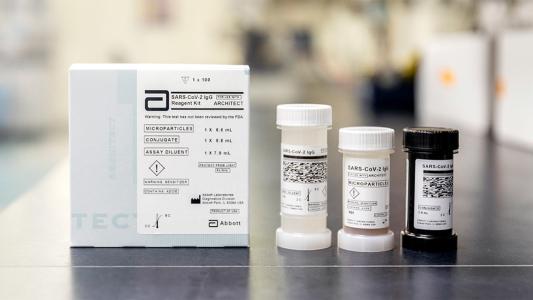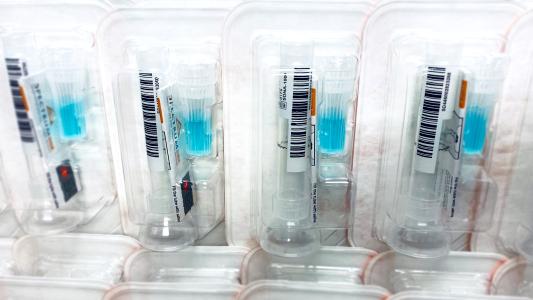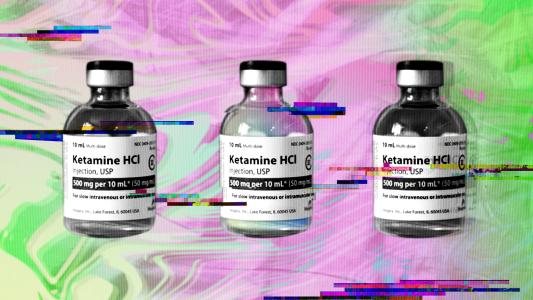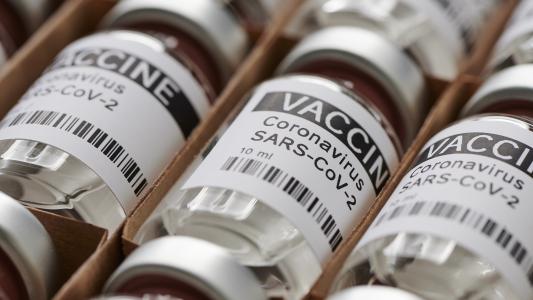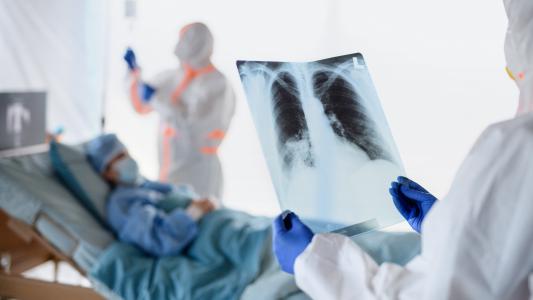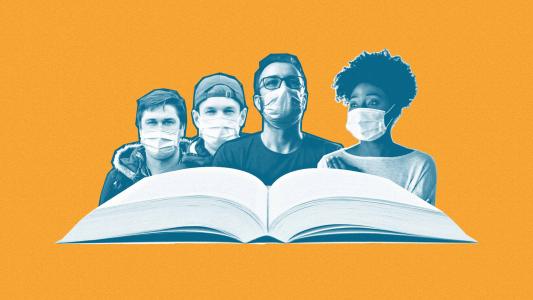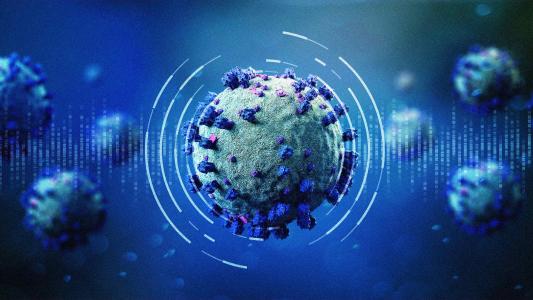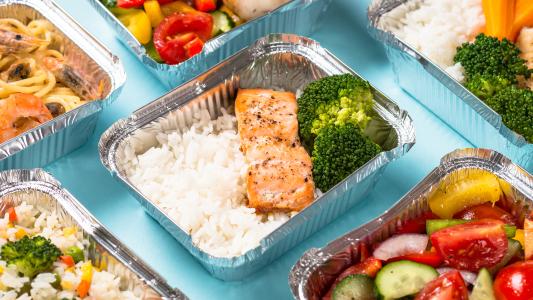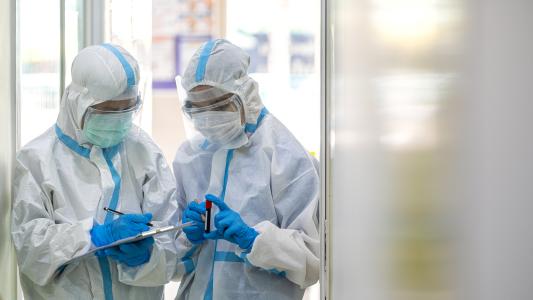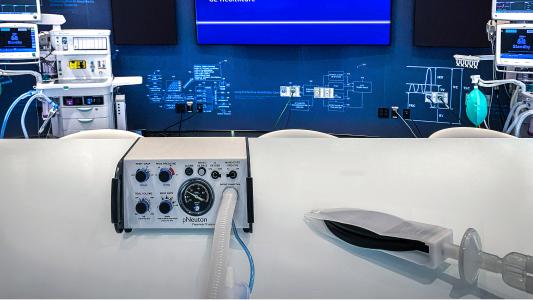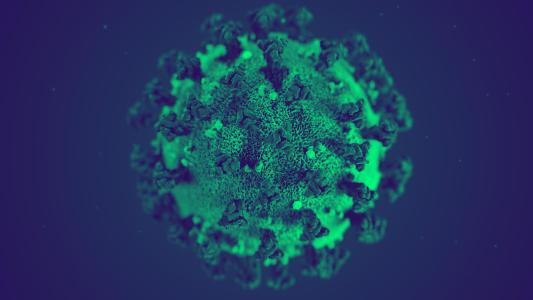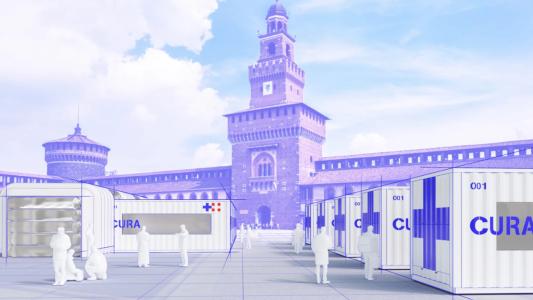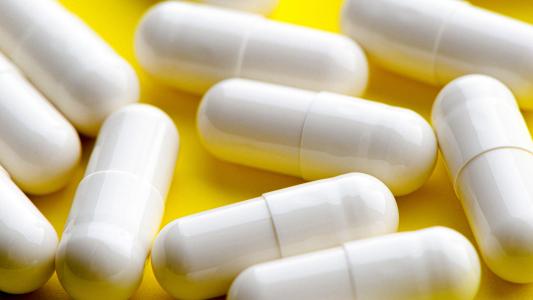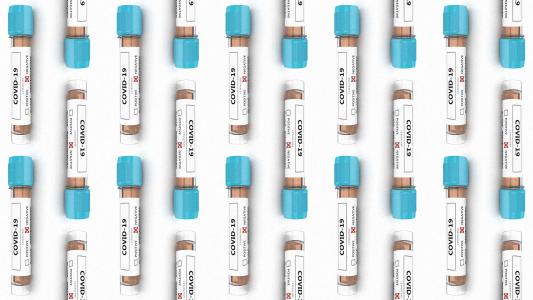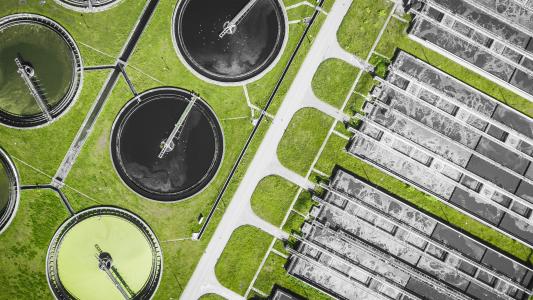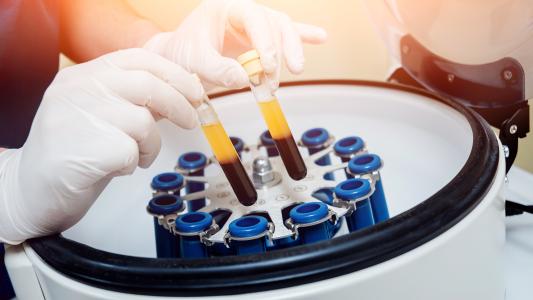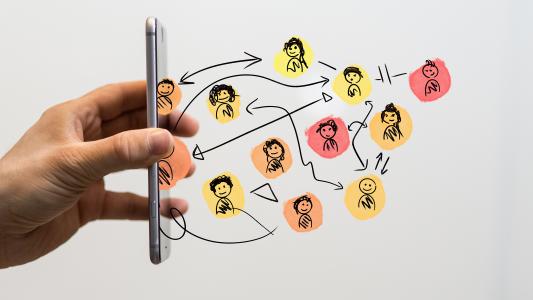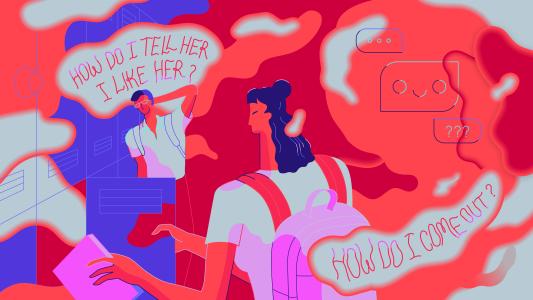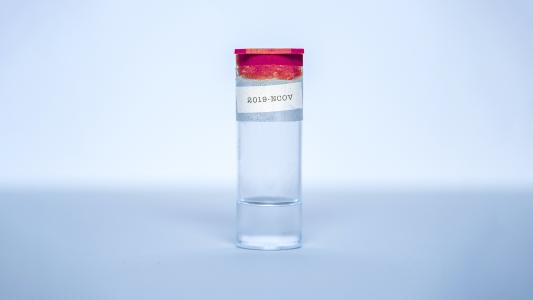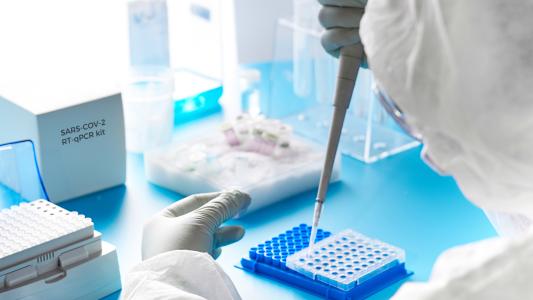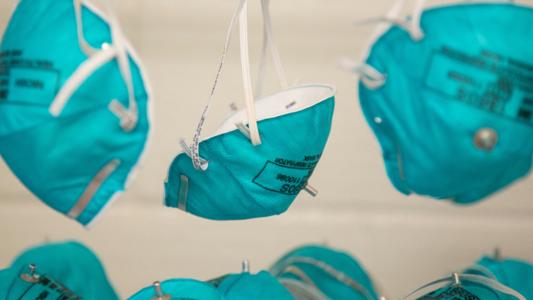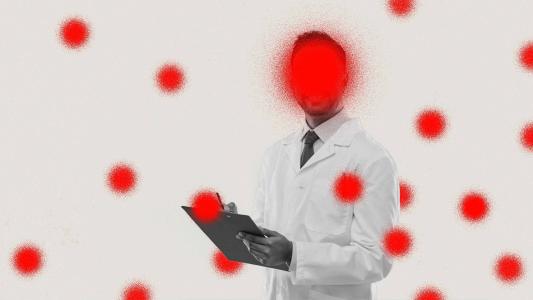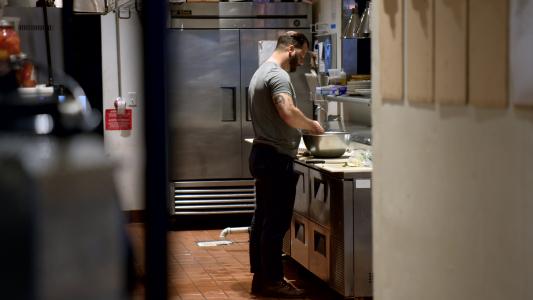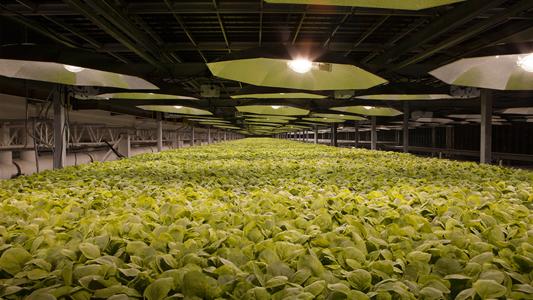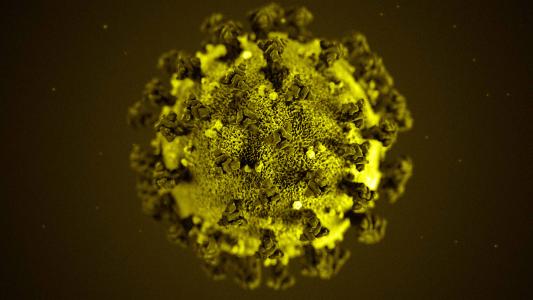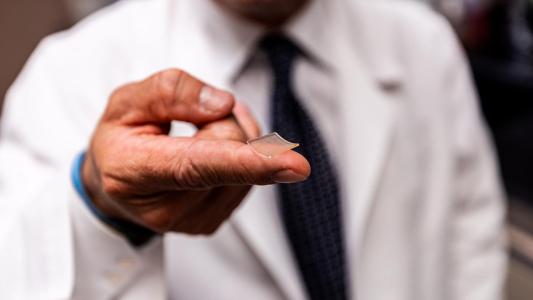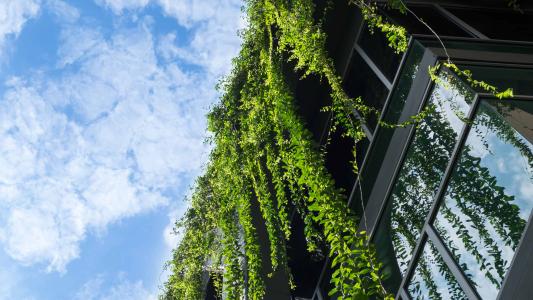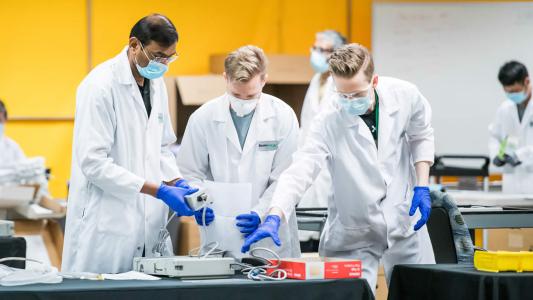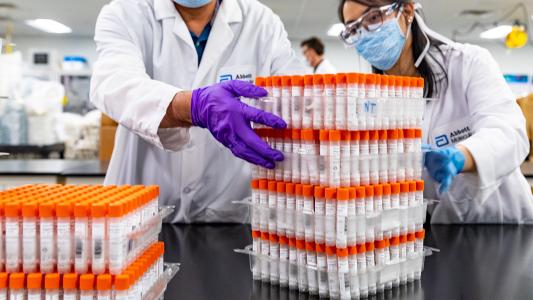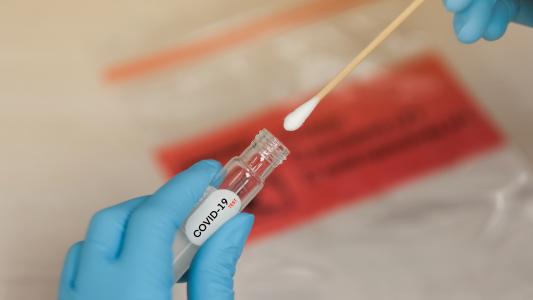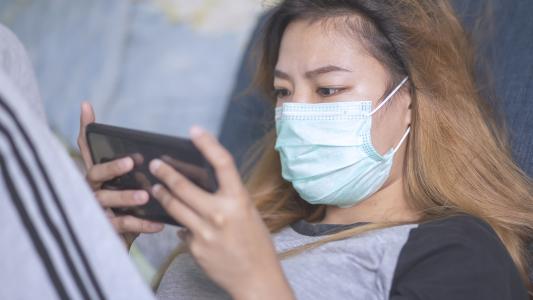Human challenge trials, schools reopening, and more COVID-19 updates
In our weekly news roundup, we take you inside the fight against COVID-19 to explore the solutions on the frontlines of an unprecedented global response.
Underwater drone finds wreckage of the “unsinkable” USS Nevada
More than 70 years after the U.S. military deliberately sank the “unsinkable” USS Nevada, researchers have located its final resting spot.
Society runs on GPS. What happens when it gets hacked?
GPS runs more than you’d think. It’s also more vulnerable than you’d think. The old-school radionavigation system Loran could save GPS from catastrophe.
Genetically engineering the first hypoallergenic cat
Scientists are attempting to create the world’s first truly hypoallergenic cat by deleting the feline gene that causes cat allergies.
Eating out during the coronavirus looks a little different now
Restaurant owners are looking for — and finding — creative ways to convince patrons that eating out during the coronavirus can be safe.
A coronavirus-detecting face mask could arrive this summer
Researchers from MIT and Harvard are developing a coronavirus-detecting face mask that gives off a fluorescent signal when it senses the virus.
Space plane experiment could lead to 24/7 solar power
The next time the U.S. Air Force’s X-37B space plane launches, it’ll be carrying an experimental solar panel that could revolutionize clean energy.
New exosuit helps stroke survivors walk farther and faster
A new exosuit helps stroke survivors overcome hemiparesis by assisting them in making two key walking motions with their feet.
New HIV vaccine gives monkeys longer-lasting protection
Scientists have created an HIV vaccine that triggers two types of immune response, providing monkeys with longer-lasting protection from infection.
The dangerous job of the International Ice Patrol
The International Ice Patrol is a real thing. They're protecting our ships from iceberg collisions.
Stem cell research breakthrough opens path to growing human organs in animals
New stem cell research has revealed a way to coax human cells to grow to maturity in mouse models, a major advance in the field.
A nonthermal plasma field can eliminate 99.9% of airborne viruses
Airborne viruses can be tough to stop. A team at Michigan has developed a device that may stop them cold.
Blood enzyme could explain severe impact of coronavirus in men
A new study suggests that higher concentrations of the ACE2 blood enzyme could explain the particularly deadly impact of the coronavirus in men.
Why is an antigen test a big deal for COVID-19?
The FDA has issued its first emergency use authorization for a COVID-19 antigen test, a new type of test for diagnosing the coronavirus.
A nasal spray for coronavirus prevention is in development
Scientists are developing a nasal spray for coronavirus prevention that uses a protein found in red algae to stop the virus from taking hold.
Doctors test solution for COVID-19 phenomena, silent hypoxia
Doctors treating COVID-19 patients are testing the ability of common blood thinners to address silent hypoxia, one of the disease’s most alarming phenomena.
AI beats neurologists at making Alzheimer's diagnosis
Scientists have created an AI capable of making an Alzheimer’s diagnosis that’s more accurate than the one delivered by a group of neurologists.
Hunting zoonotic diseases before an outbreak
Stopping zoonotic diseases — and pandemics — may require studying not just viruses, but also animals, habitats, and people.
New evidence of memory consolidation while we sleep
Thanks to brain implants, scientists have the first direct evidence of “offline replay” in humans, a process thought to be key to memory consolidation.
The truth about coronavirus mutations and more COVID-19 updates
In our weekly news roundup, we take you inside the fight against COVID-19 to explore the solutions on the frontlines of an unprecedented global response.
Ultraviolet cleaning robots kill coronavirus at US airport
Pittsburgh International Airport is using cleaning robots modified with ultraviolet light fixtures in an effort to kill the coronavirus.
Microbe in mosquito guts completely blocks malaria parasite
Scientists have discovered a microbe in the guts of mosquitoes that appears to prevent the most common malaria parasite from infecting the insects.
Bioengineered blood soaks up toxins inside the body
Tiny sponges that look and act like red blood cells remove toxins from the body.
Cheap CRISPR-based coronavirus test delivers fast results
Scientists have unveiled STOPCovid, a CRISPR-based coronavirus test that avoids many of the shortcomings of existing diagnostic tests.
Scientists use CRISPR to reverse diabetes in mice
Scientists have used CRISPR to correct a diabetes-causing mutation in stem cells and then use those cells to reverse diabetes in mice.
COVID’s unique challenge for the Navajo nation
With a lack of access to running water and other resources, the Navajo Nation faces a tough challenge in COVID-19. But the Diné are fighting back.
Newly discovered coronavirus antibody blocks infection in cell cultures
A newly discovered coronavirus antibody produced using mice was able to prevent SARS-CoV-2 from infecting cells in the lab.
John Legend, Tinashe, and Travis Scott give virtual concerts to connect with fans
Musicians are performing as digital avatars during virtual concerts as a way to take live streaming to a new level.
CRISPR virus detection tool can test you for 169 viruses at once
A new virus detection tool can simultaneously test more than 1,000 patients for a virus — a capability that could prove invaluable during an outbreak.
CBD slows growth of brain cancer cells in a Petri dish
The cannabis compound CBD can slow the growth of brain cancer cells, but it’s a long way from a new cancer treatment.
Will the coronavirus end in the summer?
Will the coronavirus end in the summer as a result of warmer temperatures? The public is hopeful, but here’s what the experts say.
Researchers are rushing to freeze… lab mice sperm?
With their labs closing and the future unclear, researchers are sending precious cargo — the sperm of lab mice — to be frozen and stored.
A proposal to infect volunteers, the race to a vaccine, and more COVID-19 updates
In our weekly news roundup, we take you inside the fight against COVID-19 to explore the solutions on the frontlines of an unprecedented global response.
Reading your digital signature to detect depression, Parkinson’s
Digital phenotyping uses our smartphones to detect anything from Parkinson's disease to mental health disorders.
New VR system uses strings to provide haptic feedback
Wireality is a new device that provides haptic feedback for someone using a VR system by pulling on their fingers and wrist with a series of strings.
Where can you get tested for the coronavirus?
Everything you need to know to get tested for the coronavirus, including COVID-19 testing requirements and resources to help you find testing sites.
Using Ebola to fight brain cancer
A lab-altered Ebola virus can hunt human brain cancer cells without killing healthy cells.
Every significant breakthrough that’s stemmed from the pandemic
A timeline of coronavirus solutions from the people on the frontlines of the fight against COVID-19.
Brain implant restores sense of touch in man with paralysis
Researchers have used a brain implant to help a man with paralysis both move his arm again and regain a sense of touch.
Oxford coronavirus vaccine could be ready by September
Millions of doses of an Oxford coronavirus vaccine now in the human trial stage could be ready by September, according to researchers.
First autonomous air taxi terminal to open in 2020
Chinese autonomous aerial vehicle company EHang plans to build the world’s first air taxi terminal in Hezhou, China, before the end of 2020.
Twin study suggests genes factor into COVID-19 symptoms
Genetic factors may explain about 50% of the differences in people’s COVID-19 symptoms, according to a study of more than 2,600 twins in the U.K.
An “old school” COVID-19 vaccine appears to work in monkeys
An in-development COVID-19 vaccine has protected animals from catching the novel coronavirus for the first time, according to the team behind it.
Tons of groups are improvising coronavirus PPE. But who will test it?
A newly formed group is gathering designs for coronavirus PPE and coordinating with testers to make sure the makeshift supplies are safe for use.
Inside Hong Kong's "resistance economy"
Hong Kong pro-democracy supporters are using protest strategies that go beyond the street, which may be crucial as police enforce social distancing.
DNA might be able to explain varying coronavirus symptoms
Scientists are looking for genetic factors that could explain varying coronavirus symptoms amongst seemingly similar COVID-19 patients.
Would you volunteer to be infected with COVID-19?
Coronavirus vaccine development could take months. There’s a potential shortcut though: purposefully exposing research subjects to the virus.
An LSD trip “off-switch” may be coming soon
Pharmaceutical startup MindMed is developing tech it believes could serve as an “off switch” for an LSD trip during therapy sessions.
At-home test kits, new vaccine developments, and more COVID-19 updates
In our weekly news roundup, we take you inside the fight against COVID-19 to explore the solutions on the frontlines of an unprecedented global response.
We may need fewer ventilators for COVID-19 patients than we expected
A new study found that healthcare workers may be using ventilators for COVID-19 patients when they really don’t need to be.
FDA authorizes first at-home coronavirus test kit
The FDA has authorized LabCorp’s at-home coronavirus test kit, meaning people no longer need to leave their houses to find out if they have COVID-19.
Domestic abuse is surging under lockdown. can we stem the tide?
Coronavirus lockdowns may be the impetus for rising occurrences of child and domestic abuse. Advocates find creative solutions.
A new device is protecting healthcare workers from airborne coronavirus
Researchers have developed a system for protecting healthcare workers while they treat coronavirus patients in need of respiratory support.
Scientists find what looks like DNA in a dinosaur fossil
Researchers have found what appears to be DNA in a dinosaur fossil — a discovery that could radically change our understanding of DNA’s ability to survive.
Ghana uses drones to speed up coronavirus testing
In Ghana, Zipline is helping speed up coronavirus testing by using drones to deliver test samples, and it wants to bring the service to the U.S.
Microsoft’s “Plasma Bot” helps you donate plasma for COVID-19
Microsoft is launching a "Plasma Bot" to make it easier for coronavirus survivors to donate plasma for research and trials.
Disease detectives: tracking invisible killers
Disease detectives on the frontlines of coronavirus track the person-to-person spread.
Real-time data can save lives in a disaster
Researchers are working on new algorithms that could provide emergency response managers with real-time data to save more lives.
Chinese coronavirus vaccine advances to next trial phase
CanSino Bio’s Ad5-nCoV was the first Chinese coronavirus vaccine to be tested in humans. Now it’s the first in the world to enter Phase II trials.
Treating depression at home with a tDCS headset
At-home tDCS headsets are helping people treat their depression without having to go to a doctor’s office.
Modifying the measles vaccine could stop the coronavirus faster
To stop the coronavirus from spreading, researchers are working on a vaccine that would use the measles vaccine as its delivery vehicle.
Scientists find a way to quickly ID coronavirus mutations
A new tool that allows scientists to quickly identify coronavirus mutations could help experts track and treat COVID-19.
The rise of simulated sports in the face of COVID-19
Because of the coronavirus, sports have come to a screeching halt. Unless you look online.
Contact-tracing tech advances, the new saliva test, and more COVID-19 updates
In our weekly news roundup, we take you inside the fight against COVID-19 to explore the solutions on the frontlines of an unprecedented global response.
Lab plans to ship 20 million coronavirus antibody tests per month
Abbott Laboratories is shipping millions of coronavirus antibody tests to hospitals and labs across the United States.
FDA approves first saliva test for coronavirus
The FDA has granted a saliva test for coronavirus emergency use authorization, giving health officials a new way to diagnose COVID-19.
Could VR change how you trip on ketamine?
Virtual reality meets ketamine therapy to help treat pain, anxiety, and depression, to name a few.
Major League Baseball joins massive coronavirus antibody study
More than 10,000 Major League Baseball players and employees agreed to have their blood tested for a massive coronavirus antibody study.
Major drugmakers team up on potential coronavirus vaccine
Major vaccine developers GlaxoSmithKline and Sanofi are collaborating on a potential coronavirus vaccine to help end the COVID-19 pandemic.
Doctors use AI to test new coronavirus treatments on patients
The University of Pittsburgh Medical Center launched a new trial that uses artificial intelligence to test promising coronavirus treatments as quickly as possible.
Across America, libraries are fighting the coronavirus
Communities are using every resource available to fight the coronavirus. Across the country, libraries are using their resources and staff to join the battle.
Why scientists are turning the coronavirus’ structure into music
MIT scientists have translated a key part of the coronavirus’ structure into music — and the song could help researchers find a way to stop the virus.
Apple and Google join forces on coronavirus tracking project
Apple and Google are collaborating on a coronavirus tracking project they hope will eliminate the privacy concerns surrounding contact-tracing apps.
It's safe to order takeout during the coronavirus pandemic. here's why.
Many experts agree that you can safely order takeout during the coronavirus pandemic — you just need to follow these steps.
Mobile decontamination units could extend supply of PPE
To extend the supply of PPE at hospitals during the coronavirus pandemic, a team of engineers transformed a shipping container into a decontamination unit.
Learning from disaster: An interview with Bryan Walsh
Human history is dotted with pandemics. We spoke with "End Times" author Bryan Walsh on how we can learn from them for the future.
Ford revs up production of coronavirus ventilators
Ford has promised to deliver 50,000 ventilators in 100 days. Here's how they can do it.
Vaccine factories, a promising new treatment, and more COVID-19 updates
In our weekly news roundup, we take you inside the fight against COVID-19 to explore the solutions on the frontlines of an unprecedented global response.
Converting shipping containers into ICUs for coronavirus patients
The CURA project aims to address the shortage of room in ICUs for coronavirus patients by creating new units out of shipping containers.
Antiviral pill shows promise as treatment for coronavirus
The oral antiviral drug EIDD-2801 has emerged as a promising treatment for coronavirus, performing well in the lab and in mouse studies.
New coronavirus test could check one million people daily
BillionToOne has announced the creation of a coronavirus test it says would allow the U.S. to check more than one million people for COVID-19 daily.
Scientists analyze sewage to track coronavirus infections
Scientists are attempting to track coronavirus infections by analyzing sewage for signs of the virus’ genetic material.
Plasma from coronavirus survivors helps sick patients recover
Two studies in China found that plasma from coronavirus survivors helps patients with severe cases of COVID-19 recover within days of treatment.
Contact-tracing apps could help end coronavirus lockdown
A new University of Oxford study found that contact-tracing apps could help bring the coronavirus pandemic to an end without violating citizens' rights.
Your new sex ed teacher is a chatbot
This chatbot is filling in gaps in sex education by talking with teens to answer awkward questions about topics like health, sexuality, and identity.
Bill Gates is spending billions to produce 7 coronavirus vaccines
The Gates Foundation is building factories to manufacture seven promising coronavirus vaccines to prepare for mass production if any prove effective.
Group coronavirus testing helps make most of limited kits
Researchers across the globe are testing the efficacy of group coronavirus testing — using one kit for multiple patients — with promising results.
Can green light therapy cure chronic pain?
Scientists are finding that exposure to the color green, also known as green light therapy, could provide natural chronic pain relief.
New tool seeks to protect those reusing coronavirus masks
A group of researchers launched a website that teaches healthcare workers everything they need to know about reusing coronavirus masks as safely as possible.
Genetic evidence debunks coronavirus conspiracy theories, scientists say
A team of researchers analyzed the COVID-19 coronavirus. Their findings debunk the conspiracy theory that the virus was lab-made.
Sending heat to space to reverse global warming
This high-tech material could reverse global warming by using radiative cooling to lower the Earth’s rising temperature.
Nonprofits innovating in the face of COVID-19
In partnership with Stand Together
Wondering how you can help during the coronavirus? Here are five organizations that need your support, and how your donation could be doubled.
Big tobacco announces "breakthrough" in plant-based coronavirus vaccine
A plant-based coronavirus vaccine developed by a subsidiary of British American Tobacco is now undergoing pre-clinical testing.
A promising vaccine candidate, new mutual-aid networks, and more COVID-19 updates
In our weekly news roundup, we take you inside the fight against COVID-19 to explore the solutions on the frontlines of an unprecedented global response.
New coronavirus vaccine candidate creates antibodies in mice
A new coronavirus vaccine candidate that delivers inoculation via a microneedle patch has shown promise in a peer-reviewed mouse study.
A new approach to green building could reverse climate change
The building sector is one of the biggest contributors of greenhouse gas emissions. But new research suggests that trend could stop, and even reverse because of a new type of green building.
Silicon Valley fixes broken ventilators for coronavirus patients
Silicon Valley-based Bloom Energy has refurbished hundreds of ventilators for coronavirus patients in just a few weeks — and it shows no signs of slowing down.
New coronavirus test offers results in minutes
Abbott Laboratories’ new coronavirus test can tell if a person has COVID-19 in just five minutes — far faster than existing testing methods.
New study boosts case for at-home coronavirus tests
A new study eliminates one major argument against at-home coronavirus tests: that patients won’t be able to collect usable samples themselves.
You can help scientists during the coronavirus quarantine
Getting bored during the coronavirus quarantine? Researchers are looking for volunteer citizen scientists to help analyze distant galaxies from home.
